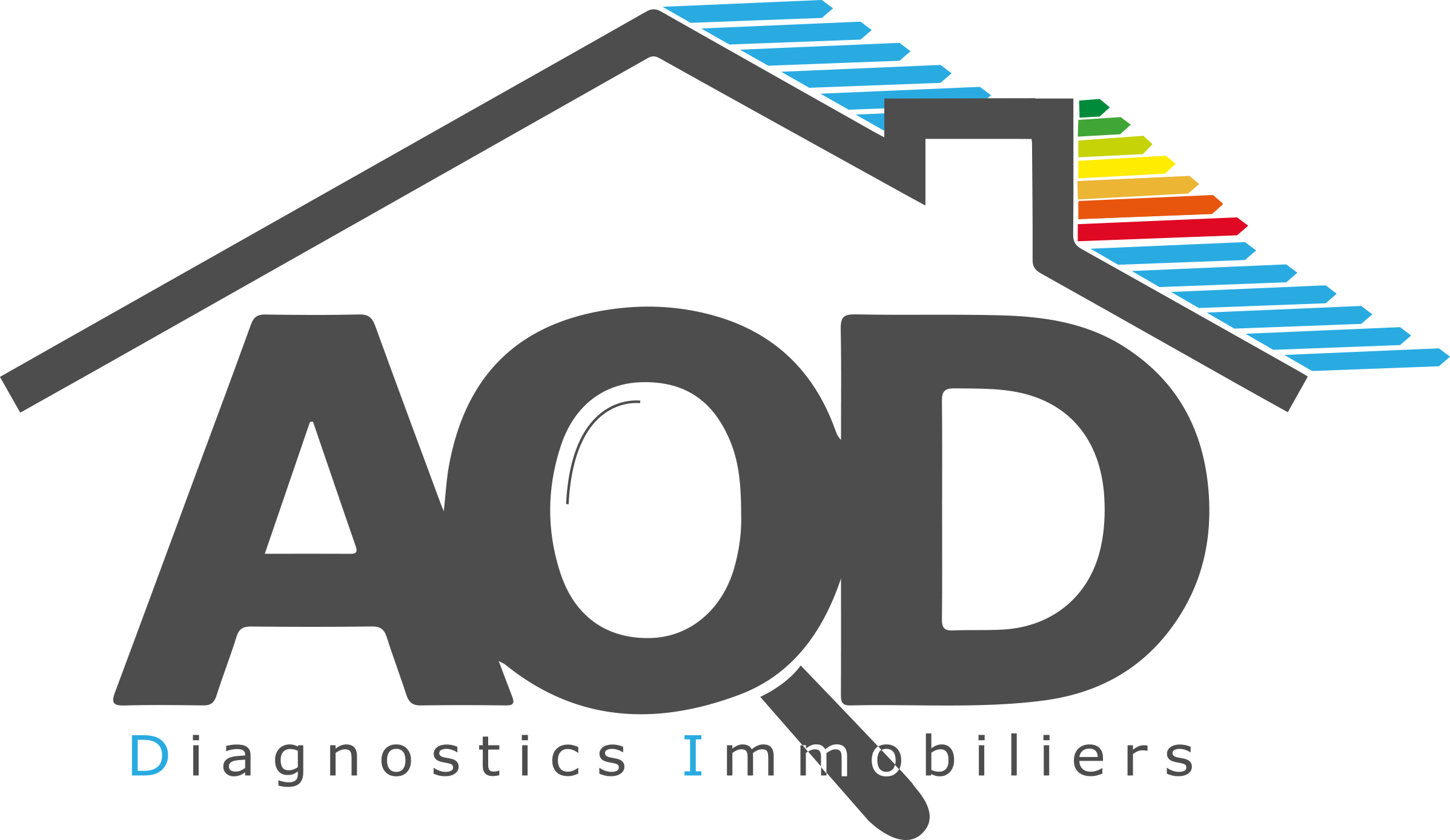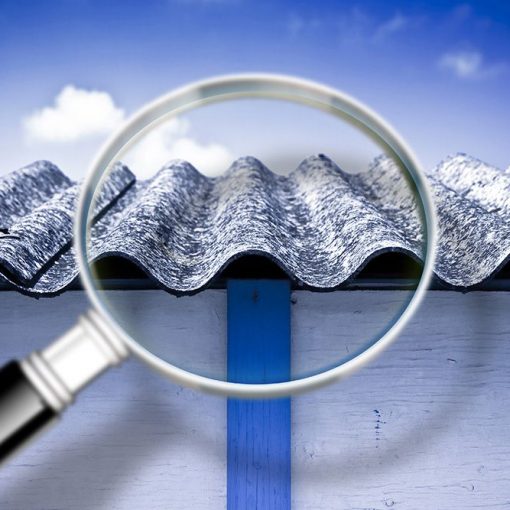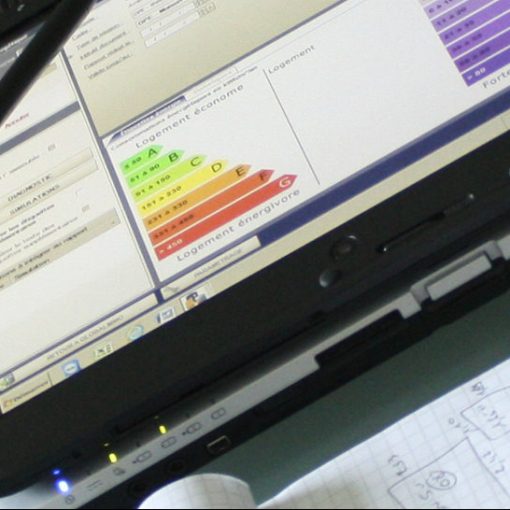SOURCE : Diagnostic-immobilier.pro, economy.gov
What is a real estate diagnostician?
The role of the real estate diagnostician is to check the conformity of buildings with the regulations in force in terms of health, safety and the environment in order to establish the Technical Diagnostic File (DDT).
The real estate diagnostics technician intervenes mainly during real estate transactions (sale, rental) but also systematically when required by regulations (lead, asbestos).
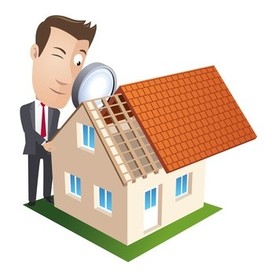
A highly regulated field profession
Property diagnosticians are subject to a triple legal requirement. First of all, they must have the necessary skills and resources to carry out the diagnostics. These points are validated and regularly assessed through mandatory certification. They must also be able to demonstrate their total independence and impartiality with regard to owners, property professionals and works companies. They must also hold professional liability insurance.
Mais qu'est qu'un diagnostiqueur immobilier ?
Property diagnosticians must hold a specific certification for each area of intervention (asbestos, gas, electricity, etc.). Six certifications are required to be able to carry out all types of diagnostics.
- After each visit, the diagnostician writes a precise and detailed report. The DDT must give a precise idea of the property (materials, structures, dimensions) and may include plans.
- The reports are produced using specific software configured according to the latest standards.
- For some diagnoses, the technician must be able to make recommendations (energy savings, improvements) or advise on corrective actions.
- They must be able to identify dangerous equipment (gas, electricity) or equipment presenting a health risk (lead, asbestos, dilapidation) and, if necessary, alert the competent authorities.
The diagnostician may be called upon to intervene on all types of buildings: housing, commercial and professional premises, establishments open to the public, garages, but also on bare land (termites).
What is a property diagnosis?
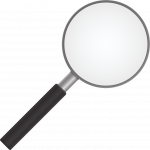
À l'occasion de la mise en vente ou en location d'un bien, procéder au diagnostic immobilier consiste à faire passer un contrôle technique à votre bien, qui sera évalué selon différents critères préétablis.
These criteria are :
- the energy performance (ECD)
- the risk of exposure to lead
- the presence or absence ofasbestos
- the state of theelectrical installation if it is over 15 years old
- the state of thegas installation if it is over 15 years old
- the state of natural and technological risks.
In the context of a sale, the diagnosis must also assess :
- the presence or absence of termites
- l'condition of the non-collective sanitation installation for single-family houses
- and since the 1er June 2020It is also necessary to assess the noisefor properties located in the noise zones around airfields (these zones are defined by the Airfield Noise Exposure Plan (PEB) provided for in thearticle L.112-6 of the town planning code). For more information on this topic, please consult the our dedicated article.
Property diagnosis: is it compulsory?
Yes, all these diagnoses should be grouped together in a technical diagnostic file (DDT), attached to the lease for a rental or to the promise to sell when a property is sold.
Please note! Once the deed of sale has been signed, if the lead, asbestos, termite, gas, electricity or sanitation surveys are missing and a defect appears concerning one of these elements, the buyer can sue the seller for hidden defects. This can lead to thecancellation of the sale or the return of part of the sale price.
